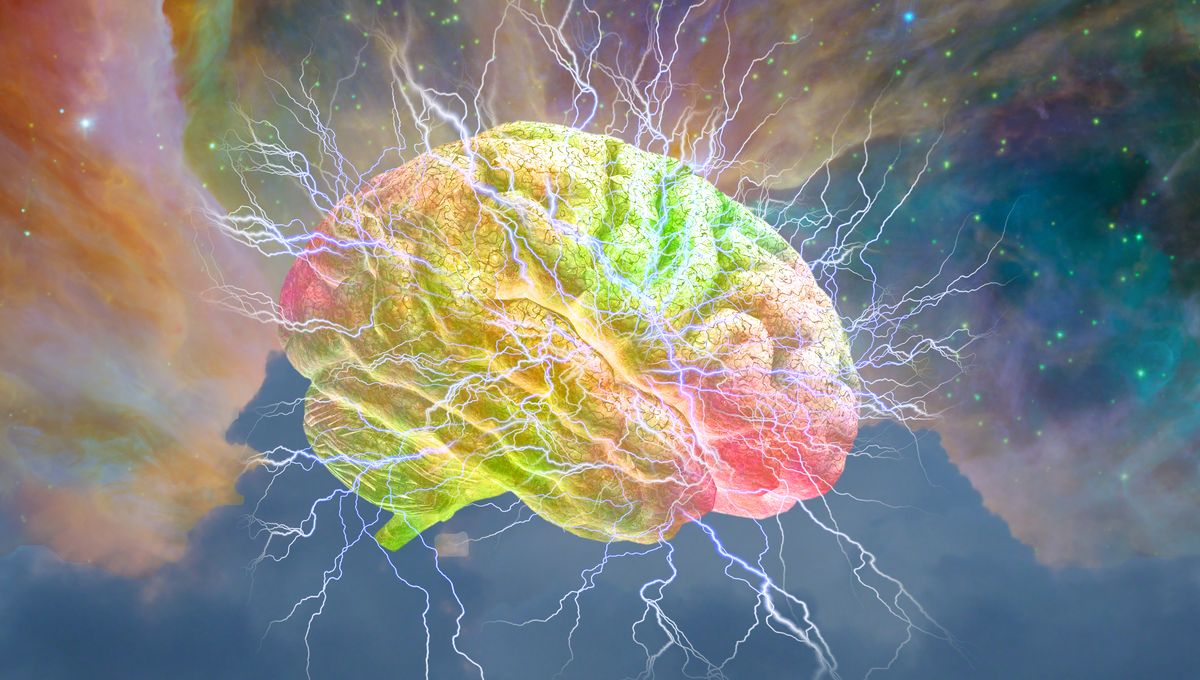
Psilocybin, the psychoactive component of magic mushrooms, has shown itself to be a possible game-changer in the treatment of major depression, but there are still a lot of unanswered questions as to what it does to our brains. A new preprint, which is yet to undergo peer-review, could have some of the solutions, and it’s all to do with how psilocybin affects brain networks.
After decades of strict drug controls and cultural backlash hampering much-needed scientific research, the world is beginning to wake up to the potential benefits of psychedelic therapies. Australia made history earlier this year by becoming the first country in the world to legalize MDMA and psilocybin for psychiatric use, and studies are continuing to produce promising results.
But despite the fact that psilocybin appears to have staggering potential for some of the most difficult-to-treat depression patients, there remain many unanswered questions as to how its lingering effects are mediated.
In 2022, a study published by researchers at Imperial College London and the University of California, San Francisco, found that psilocybin helps create a more “flexible and fluid” state within the brain, relieving some of the rigid patterns associated with depression. At the time, study author Professor Robin Carhart-Harris explained that more research was needed to figure out how long these changes might last.
Now, Carhart-Harris is part of a team who have uncovered how psilocybin affects key brain networks like the default mode network (DMN).
In a new preprint, which is yet to be evaluated by peer review, the authors explain how a small group of seven adults, aged between 18 and 45, underwent a series of brain scans after doses of psilocybin (25 milligrams), the stimulant methylphenidate (also known as Ritalin), or with no drugs in their system.
All participants had to have had at least one experience with a psychedelic before, but it could not have been within the previous six months. None of the participants had any psychiatric illnesses, and they were followed up at three weeks and after six months.
Using a technique called precision functional mapping, the researchers were able to compare the network connectivity in the brain of each patient between their baseline scans – when they weren’t on any drugs – and after taking psilocybin. Methylphenidate was used as a control because it has similar stimulating effects to psilocybin without the psychedelic properties.
“Psilocybin disrupted connectivity across cortical networks and subcortical structures, producing more than 3-fold greater acute changes in functional networks than methylphenidate,” the study authors write. “These changes were driven by desynchronization of brain activity.”
They go on to explain that this desynchronization “was observed across [the] association cortex but strongest in the default mode network (DMN).”
Other psychedelics, like LSD, are known to alter the DMN. This is what’s thought to be behind the feeling of ego dissolution that’s a common feature of psychedelic experiences, where people stop seeing themselves as separate from the rest of the world – a feeling of “oneness”.
The network desynchronization the authors observed persisted for weeks after the drug treatment, but after six months appeared to have resolved. This was of particular interest because clinical trials of psilocybin have found that a single high dose can have a lasting positive effect on depression symptoms.
Further research is needed, but the authors concluded that there’s a possibility this phenomenon could go some way to explaining how psilocybin’s impressive therapeutic effects are achieved: “Persistent suppression of hippocampal-DMN connectivity represents a candidate neuroanatomical and mechanistic correlate for psilocybin’s pro-plasticity and anti-depressant effects.”
It’s another important step forward, in a field of research that’s giving new hope to a group of patients for whom other treatments have been unsuccessful.
The preprint, which is a preliminary version of a scientific paper that has not been subject to peer review, is available via medRxiv.
Source Link: Psilocybin Desynchronizes Important Brain Networks And It Could Explain Its Antidepressant Effects